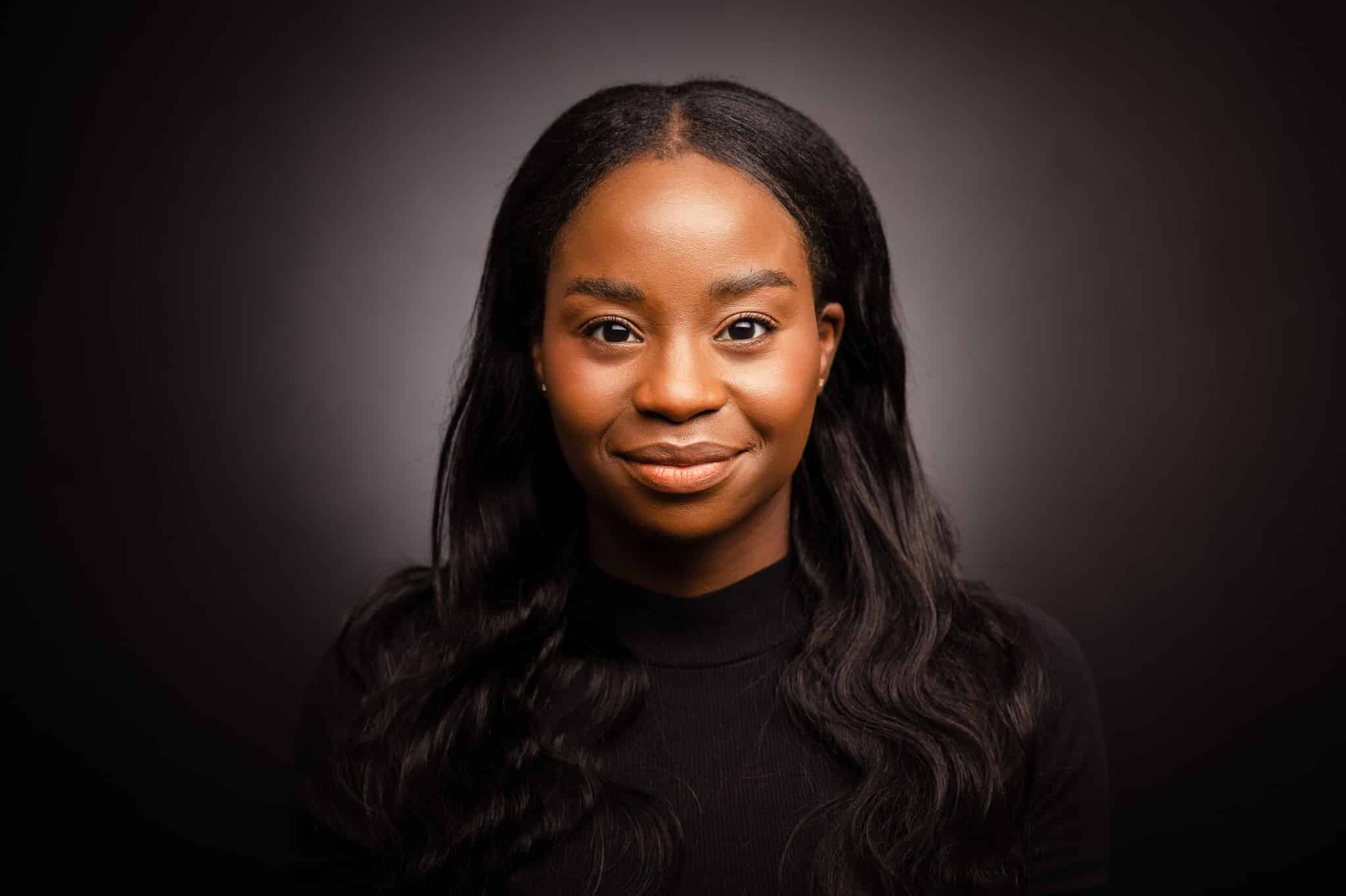Article
What Does Being Black Mean To Me?
Back to blog2024-01-24

I was once asked ‘What being black meant to me’. I can recall my automatic robotic answer – excellence, resilience. All nonsense rhetoric now I reflect on it.
When I relocated back to the UK, at the age of 9. This is the first time I recall being described as black. After all, before that point I was my parent’s child and simply a Nigerian. However, I would come to understand over time that being black was a different kind of identifier to one such a being a Nigerian.
I would learn that being Black is a title with a heavy history – one that causes some people shame and discomfort when they think of the slavery so heavily associated with blackness in their minds. I would also learn that it a very well marketed idea. After all, just look at negative tropes and motifs associated with blackness in movies and TV at least until more recent re-imagining. This limit views would seem to serve purpose of diminishing the person identified as black through a two-pronged approach:
Being black is a skin color determined by genetics, not dissimilar to the combinations of genes and allele, the specific variation in the gene that is found at the specific spot on the chromosome that choose our hair and eye color. However, this identifier seems to hold greater significance and is expected to determine your identity wholly. As if the color of one’s skin, could determine the content of your very being. Rather in fact I think it means nothing at all, not bad or good. It is simply what it is.
I am aware there is a wider context to the origin of the current modern definition of blackness. For example, a US lenses that focuses on the history of slavery and the stories told about it. And the rise of a some interventions that sought to fix historical injustices but may have created unintended consequence within communities where identification with limiting belief that did not serve them would become the norm. However, I will refer you to the subject matter expertise of Larry Elder whom I first came across and read back in 2017 and his erudite take on the US perspective.
I am saying it is not about blackness or whiteness or race itself but rather it is about culture. For me, I am Nigerian and British. Distinct cultures with certain traditions, morals and values. Cultures that may have similar values and ethos that can also exist in various other cultures. In addition, Culture is not fixed and changes over time. More so, we can pick and choose deciding the parts we like and choose to honor and practice in our lives. And we have the whole world to choose from with the global society we live in that provide us with the opportunity to learn from cultures further from home.
For example, I did a exchange to Shanghai Maritime University when I was an undergraduate and I like certain elements of the culture and chose to add them to my own. One example, is on campus they was a culture were the student studying the hardest and putting the longest hours in the library would be greatly respected and ‘cool’. This was a reversal from my experience of education in the UK and as the biggest advocate of libraries having spent most of my spare time there, I would fall in love with this element of the culture and I would flip the previous cultural narrative I had heard where ‘cool’ meant popularity and being invited to parties to one where ‘cool’ people’ in my view would be ‘studious, determined and worthy of admiration’.
Therefore, I hypothesis that our focus should be more is more on culture and everyone consciously choosing and creating their culture instead of a simply thinking in terms of race and the reductive idea of blackness.
But maybe where we are is okay as a starting point. After all, when you do anything you start with fundamentals. For example in math, you might learn your multiplication table first, but then when you are more advanced you learn trigonometry and imaginary numbers. So maybe so far, when it come to blackness and black history we have being learning our multiplication tables, an important steps for future progression but not an advanced understanding that allow for solving complex problems.
Anyways, I look forward to a day the color of our skin does not matter. And communities are built solely on common values, purpose, vision for the future, goals, and approach to those goals. I am interested to see where this structure takes us.
Send a simple request. You’ll get a quick reply with fees and availability